Author: Mark Coeckelbergh
Science and Engineering Ethics 31, 4 (2025)
DOI: https://doi.org/10.1007/s11948-025-00529-0
Abstract:
While there are many public concerns about the impact of AI on truth and knowledge, especially when it comes to the widespread use of LLMs, there is not much systematic philosophical analysis of these problems and their political implications. This paper aims to assist this effort by providing an overview of some truth-related risks in which LLMs may play a role, including risks concerning hallucination and misinformation, epistemic agency and epistemic bubbles, bullshit and relativism, and epistemic anachronism and epistemic incest, and by offering arguments for why these problems are not only epistemic issues but also raise problems for democracy since they undermine its epistemic basis– especially if we assume democracy theories that go beyond minimalist views. I end with a short reflection on what can be done about these political-epistemic risks, pointing to education as one of the sites for change.
•• More publications:
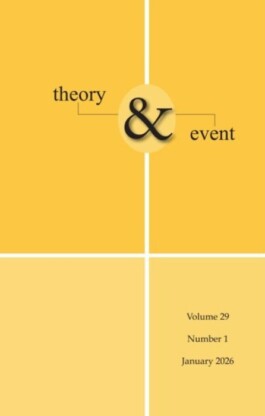
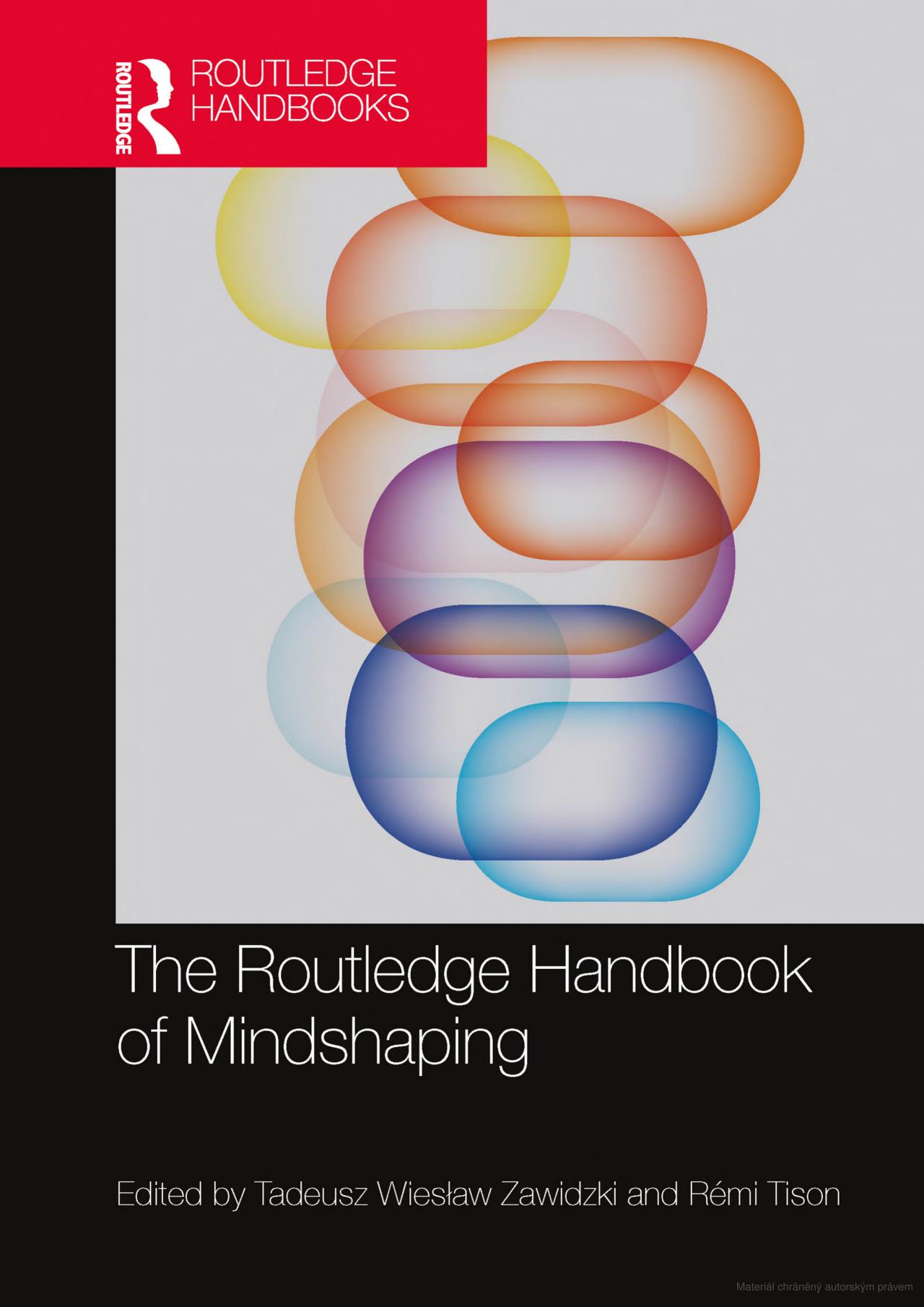
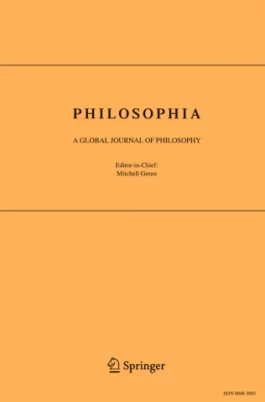
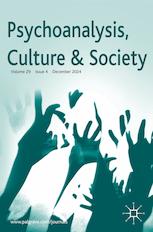
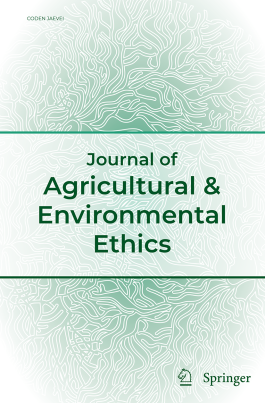
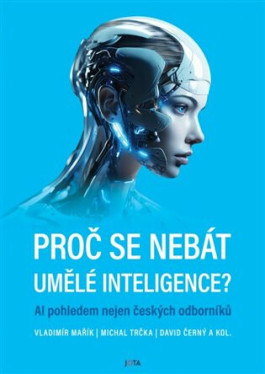


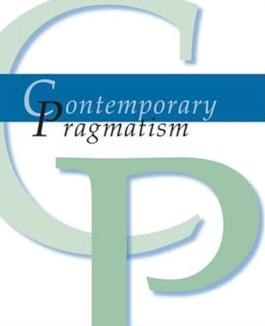
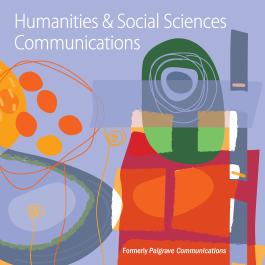
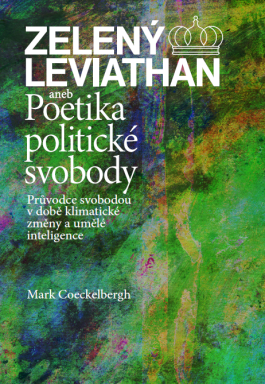
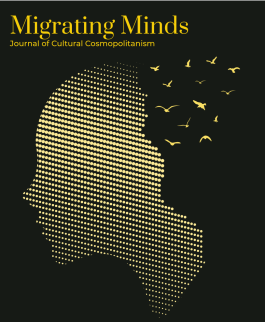
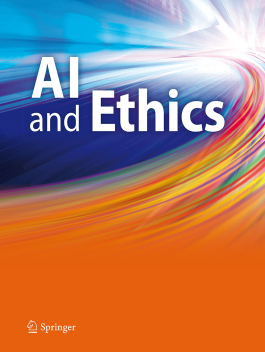

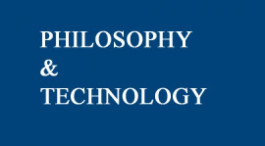
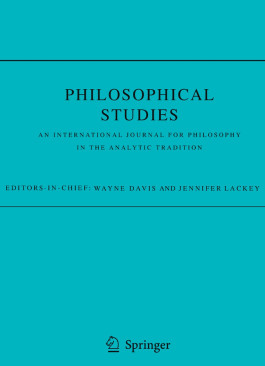
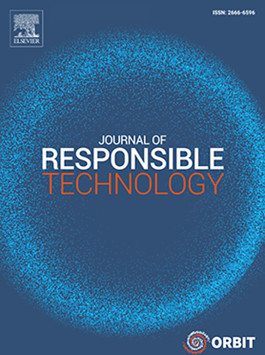
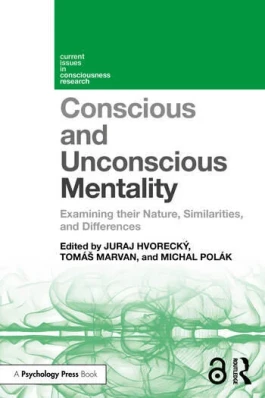
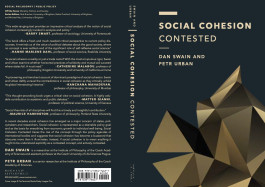
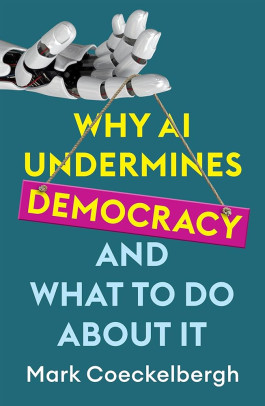
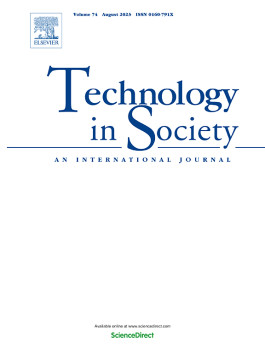

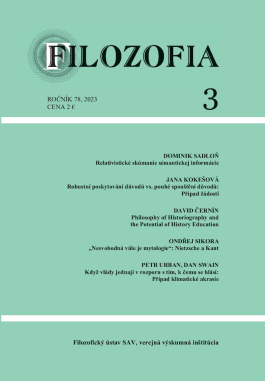

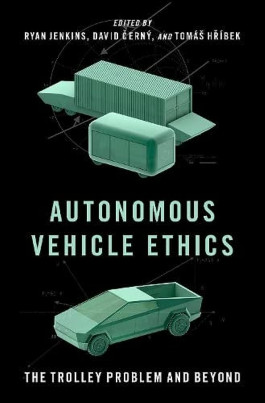
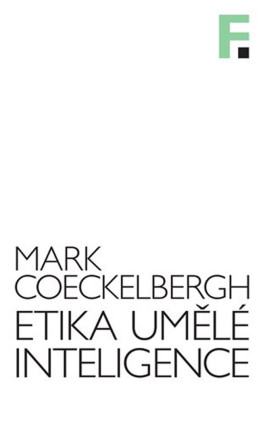
Author: Mark Coeckelbergh
Science and Engineering Ethics 31, 4 (2025)
DOI: https://doi.org/10.1007/s11948-025-00529-0
Abstract:
While there are many public concerns about the impact of AI on truth and knowledge, especially when it comes to the widespread use of LLMs, there is not much systematic philosophical analysis of these problems and their political implications. This paper aims to assist this effort by providing an overview of some truth-related risks in which LLMs may play a role, including risks concerning hallucination and misinformation, epistemic agency and epistemic bubbles, bullshit and relativism, and epistemic anachronism and epistemic incest, and by offering arguments for why these problems are not only epistemic issues but also raise problems for democracy since they undermine its epistemic basis– especially if we assume democracy theories that go beyond minimalist views. I end with a short reflection on what can be done about these political-epistemic risks, pointing to education as one of the sites for change.
•• More publications:


























Celetná 988/38
Prague 1
Czech Republic
This project receives funding from the Horizon EU Framework Programme under Grant Agreement No. 101086898. Views and opinions expressed are however those of the author(s) only and do not necessarily reflect those of the European Union or European Research Executive Agency (REA). Neither the European Union nor the granting authority can be held responsible for them.
Celetná 988/38
Prague 1
Czech Republic
This project receives funding from the Horizon EU Framework Programme under Grant Agreement No. 101086898. Views and opinions expressed are however those of the author(s) only and do not necessarily reflect those of the European Union or European Research Executive Agency (REA). Neither the European Union nor the granting authority can be held responsible for them.